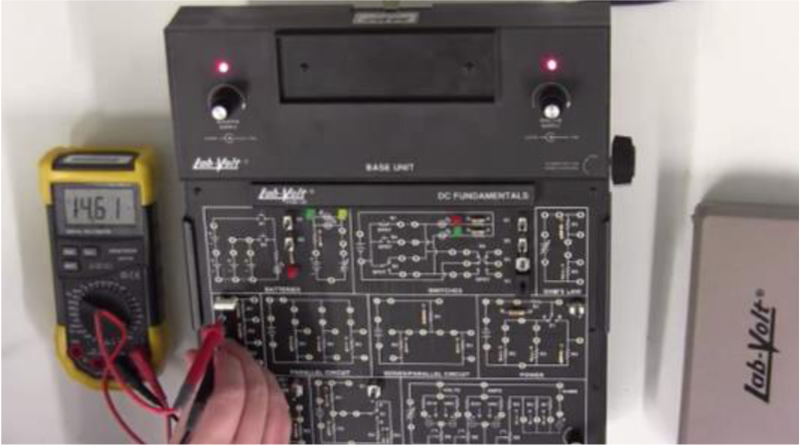Digital Laboratory Experiences: Creating Videos for Undergraduate Engineering Practical Sessions
DOI:
https://doi.org/10.18502/keg.v2i2.610Abstract
This paper will go over the method used to record and present practical sessions to students studying undergraduate engineering as ‘digital laboratory experiences’. The aim of the practical sessions was to give students exposure to simple electrical engineering concepts to supplement their project based learning in a two credit point unit.
Outlined are the goals the practical sessions, the process of capturing footage and editing a video file for the students; and finally a discussion on student attendance to in person practical sessions once the videos were made available. After this, future work to be completed is discussed, mentioning possible improvements that could be made.
References
H. Al-Nashash, and C. Gunn, Lecture Capture in Engineering Classes: Bridging Gaps and Enhancing Learning, Educational Technology & Society, 16, no. 1, 69–78, (2013).
A. M. Borrero, and J. A. Márquez, A pilot study of the effectiveness of augmented reality to enhance the use of remote labs in electrical engineering education, Journal of science education and technology, 21, no. 5, 540–557, (2012), 10.1007/s10956-011-9345-9.
M. J. Callaghan, et al., Using game-based learning in virtual worlds to teach electronic and electrical engineering, IEEE Transactions on Industrial Informatics, 9, no. 1, 575–584, (2013), 10.1109/TII.2012.2221133.
S. Chandrasekaran, et al., Accreditation inspired project oriented design based learning curriculum for engineering education. IETEC 2013: Enhancing Global Engineering and Technology Education: Meeting the Future: Proceedings of the 2nd International Engineering and Technology Education Conference 2013, University of Technical Education, Ho Chi Minh City, (2013).
S. Chandrasekaran, et al., Aligning students and staff perspectives in an engineering design curriculum. REES 2013: Proceedings of the 2013 Research in Engineering Education Symposium, Universiti Teknologi Malaysia, (2013).
S. Chandrasekaran, et al., Project-oriented design-based learning: aligning students’ views with industry needs, International journal of engineering education, 29, no. 5, 1109–1118, (2013).
B. Horan, et al., The old and the new: student perceived efficacy of electronics laboratory equipment. AAEE 2013: Work Integrated Learning-Applying Theory to Practice in Engineering Education, Griffith School of Engineering, Griffith University, (2013).
N. Jackson, et al., Video in engineering courses to promote active online learning environments. Proceedings of A2E2 conference Gold Coast. Retrieved from https://www.engineersaustralia.org.au/australasian-association-engineering-education/2013-annualconference, (2013).
M. Joordens, et al., Comparison of Technology Enabled Learning Practices (TELP) in engineering: a student’s
perspective. AAEE 2012: The profession of engineering education, advancing teaching, research and careers: Proceedings of the 23rd Annual Conference of the Australasian Association for Engineering Education, ESER group, Swinburne University of Technology, (2012).
Lab-Volt Systems. (2016). Lab-Volt: Electricity and Electronics. Retrieved September 10, 2016, from http://www.labvolt.com/products/electricity-and-electronics#facet.


